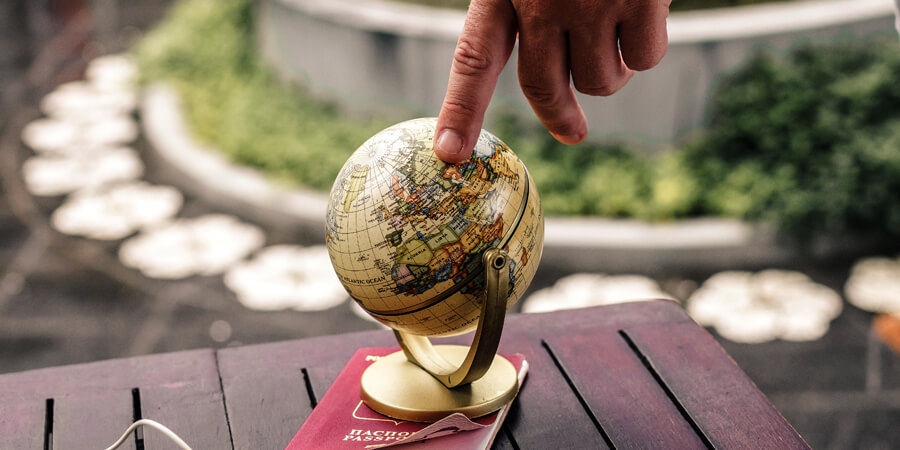
Course information
Global Studies provides students with the knowledge and skills to understand and actively partake in an increasingly complex yet interconnected world. The course is designed to enable students to be active citizens of a global community. Through the study of topics such as philosophy, religion, political ideology, the environment, international relations, conflict, trade and technology, students will realise the complex interactions that take place every moment on this planet. They will discover how these interactions shape their everyday lives and influence how their futures will be lived, academically, professionally, socially and spiritually.
Post-school pathways
Do you enjoy or are you good at Social Science? (pdf, 110kb)
Workload expectation
Three hours outside of class per week to complete homework and assignments.
Course pattern
Available as a Minor or Major.
Suggested Minor course
Semester | Unit |
|---|---|
1 | Global Actors |
2 | Global Processes |
Suggested Major course
Semester | Unit |
|---|---|
1 | Global Actors |
2 | Global Processes |
3 | Global Challenges |
4 | Global Opportunities |
Unit descriptions
Global Actors
Students critically analyse the distinctive nature and origin of actors within contemporary global politics. They use theories to question and analyse hierarchies and taxonomies of actors and power. Students assess the relative merits of diverse theories to evaluate actors’ claims to sovereignty, hegemony, and legitimacy and why some groups are excluded from exercising agency. They reflect on their role as citizens giving legitimacy to global actors through their decisions and beliefs. The choice of actors for study must include a range of actors from different locations and spheres of influence.
Global Processes
Students critically analyse the purpose, nature, and origins of global processes in the international order, and how these facilitate or impede relationships among global actors in many communities. They critically analyse and evaluate different processes for negotiating between actors within global anarchy. Students evaluate the processes by which global systems operate and their potential for reform. They critique processes from different International Relations (IR) perspectives. Students reflect on their place, and their communities’ role, in global processes in working towards the common good. The choice of processes for study must include those involving a range of communities and locations.
Global Challenges
Students critically analyse significant contemporary issues that pose challenges to global actors and processes, and to individuals around the world, as a result of processes employed by global actors to address issues and critique the resulting balance of power. They also question whether the mechanisms that regulate global behaviour effectively manage the tension between self-interest and collectivism. They analyse the challenges faced by actors and processes with the emergence of new powers and value systems. Students use theory to formulate questions and anticipate future challenges. They reflect on their connection to current global challenges and how they will respond to that realisation. The choice of challenges for study must include those impacting on a range of communities and locations.
Global Opportunities
Students analyse what progress and change can be achieved by global political action. They examine how the global system is perceived and used to improve lives for individuals and communities. Students evaluate possible pathways for progress and consider to whom current reform processes bring benefits. The nature of international declarations and agreements are considered in terms of their universality and contingency. Students consider their preferred future, the actions necessary to achieve it, and why it would be better. The choice of opportunities for study must include those available to a range of communities and locations.
